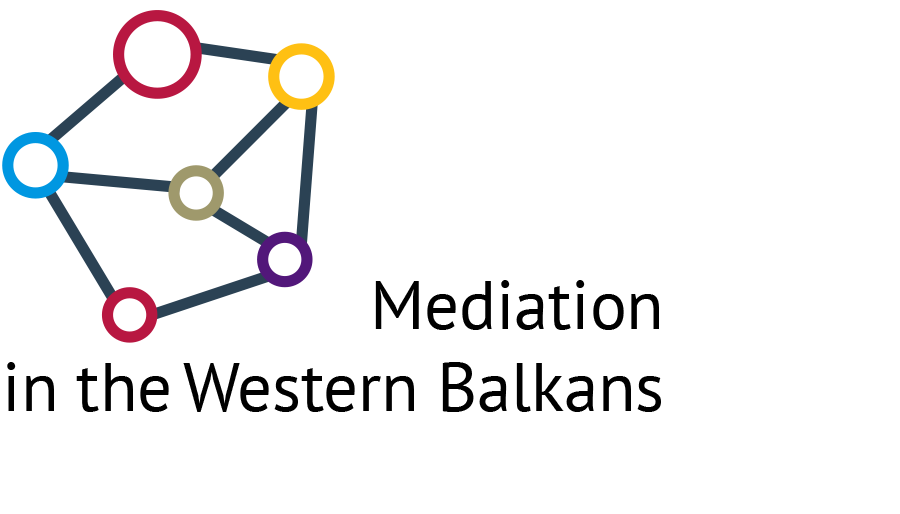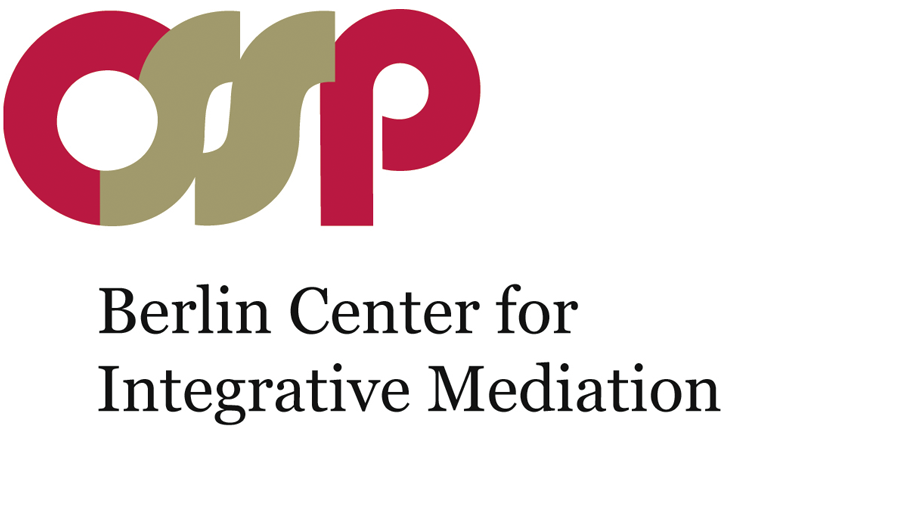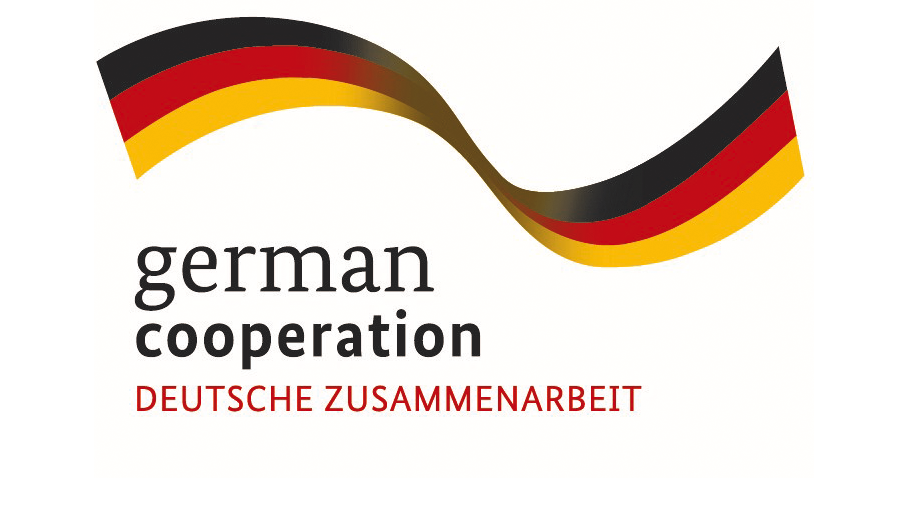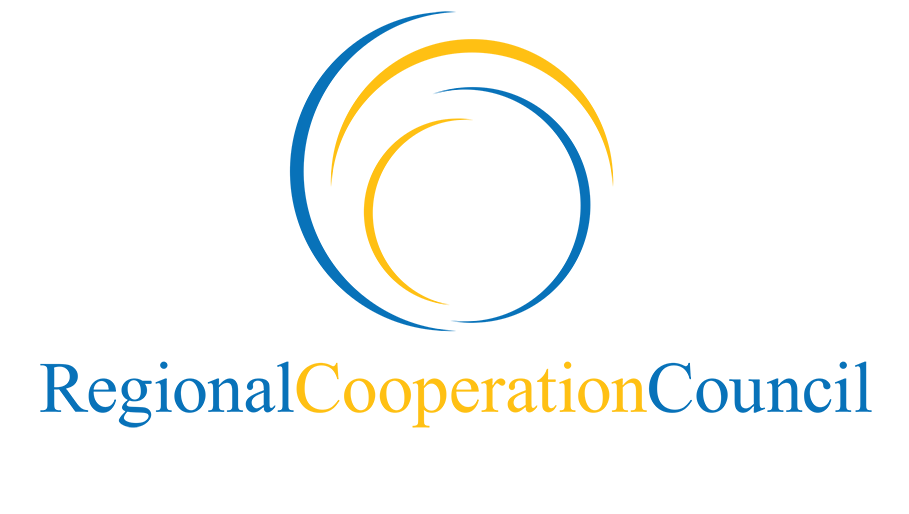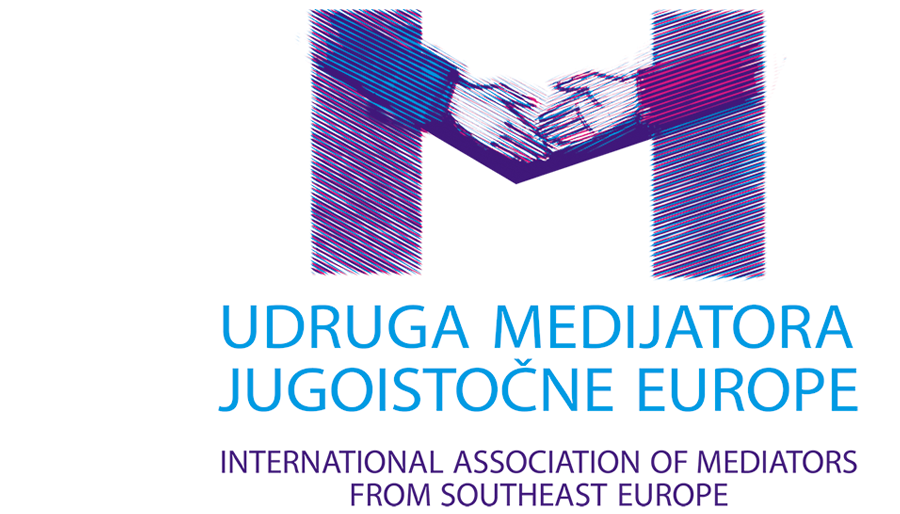Regional Conference ‘Promoting Cross Border Mediation in SEE’
27 October 2021
Online
Context
Since 2016, the Regional Cooperation Council (RCC) is working with the SEE Associations of Mediators to encourage the use of alternative dispute resolutions and provide a forum for exchange of experiences, lessons learned, challenges and good practices. In focus is also the need to strengthen mediation as a tool for extrajudicial dispute resolution, which can contribute to reduce the high backlog of cases throughout the region. Based on the successful experience of 2020 Regional Conference ‘Mediation and Justice in the Western Balkans Strengthening the links’, this year’s conference will be again organised in cooperation with CSSP- Berlin Center for Integrative Mediation. CSSP has strengthened several mediation systems in the region and has supported the initiation of the Southeastern European Mediation Forum in 2006, which was the first regional mediators network.
Mediation, as one of the primary alternative dispute resolution (ADR) methods, has been present in the Western Balkans for several years. However, there are still modest numbers of mediations in WB6, and an even smaller number of cross-border mediations. Cross-border mediation as an alternative dispute resolution method may be efficient only when domestic legislation is properly aligned with EU and international standards that would allow its performance under the best conditions. The necessary preconditions for the cross-border mediation in Western Balkans are already in place, but cross border mediation remains an underused tool, without gaining the deserved recognition, especially in the sphere of commercial disputes. This gains particular importance in WB in the context of the newly adopted Common Regional Market (CRM). However, Balkan Barometer 2021 finding show that 9 in 10 firms in the Western Balkan economies have not had any case in mediation courts. Only few cases in civil or commercial matters (1-3) were solved through mediation. 55% of firms found mediation to be an effective mechanism for dispute resolution and 35% do not have an opinion on whether they would consider mediation even in cases of cross-border conflict resolution for the settlement of disputes in civil and commercial matters so as to simplify and improve access to justice.
This regional conference will discuss the current state of affairs in three very important mediation fields, i.e.: commercial mediation, restorative justice and environmental mediation. The panels will also include discussions and recommendations on the potential of the cross-border mediation in the SEE region.
The online platform Western Balkans Mediation established last year by RCC and CSSP with the goal to foster exchange of best practices between mediation experts across the region will be used to share information around and during the conference. The platform will host video recordings of key notes and panel discussions, thematical written contributions by speakers as well as comparative materials on mediation throughout the region.
The Conference’s objectives
The Regional Conference ‘Promoting Cross Border Mediation in SEE’, aims to bring together renowned experts from WB, SEE region and EU with a professional background in mediation practice, representatives from the judiciary, the executive branch, civil society and academia. With in-depth expertise, specialist knowledge and many years of experience the regional experts contribute additionally to effective and sustainable solutions for an increased use of mediation in the SEE region.
The conference will have three interactive panels. The methodology of the panels will be based on exchange of opinions and concrete proposals that may be further transposed into regional recommendations. A moderator who will introduce the topic and address questions to the panellists will open each of the panels. Panellists will be allocated 5-7 minutes to respond to each question. After the Q&A session between the moderator and the speakers, the moderator will open the floor to participants for discussions, comments, or questions. Panels are expected to last 75-90 minutes.
• Cross-border commercial mediation
The WB legislation on mediation foresees the necessary procedural standards for the cross-border mediation, as well as most of the WB economies are part of international treaties or agreements in civil law matters. However, cross border mediation remains an untapped potential, without gaining the deserved recognition, especially in the sphere of commercial disputes.
The progressive globalisation of trade, including electronic commerce where business is frequently conducted across boundaries, creates an increasing need for effective dispute resolution mechanisms that work across different legal jurisdictions. The demand for quicker and less expensive procedures is leading to a new use of mediation, especially, in connection with cross-border commercial disputes. This gains particular importance in WB in the context of the newly adopted Common Regional Market (CRM). The topics to be discussed by the panellists will include:
- the potential of mediation to facilitate cross-border trade in WB and SEE,
- increased use of cross-border mediation in addressing bilateral trade disputes with a particular focus in CRM measures,
- best EU practices that ca be implementable in the SEE region,
- what actions can be taken for a regional boost of mediation as an efficient and less costly tool in resolving civil and commercial disputes?
Moderator: Blažo Nedić, Attorney-at-Law and Mediator
Panelists:
• Mr. Leonardo D’Urso, CEO of ADR Center, Italy
• Ms. Elena Koltsaki, lawyer/mediator, Greece
• Ms. Marina Lutovac, Director of Montenegro Mediation Center
• Mr. Petar Petrić, Commercial Lawyer and Mediator, Croatia
• Restorative justice
Restorative Justice (RJ), as a theory and practice, is not something new to the South East Europe. However, from a general overview, there is a perception of a ‘delay’ in the application of mediation and restorative practices in criminal cases compared to the application of mediation in the civil, family and commercial cases.
Apart from highlighting the current situation, the issues that will be dealt with by the panel experts, will serve to suggest improvement, such as changes in the legal framework, criminal policy-making, and what is more important the institutional cooperation of mediation providers with the justice system, probation service, prison system, etc. The identification of challenges and exploring ways to enable the change in the application of restorative justice will be another aim of the panel.
The questions that will serve as a reference to the panel speakers:
1. How is the situation with regard to the development of restorative justice in your economy (from the point of view of knowledge/information, legislation and implementation in practice)?
2. Can you share with us any good practice in the area of restorative justice and mediation, which could be in the legislation area, or practical implementation, institutional cooperation, or any other experience?
3. What are some of the challenges related to the introduction, information and application of RJ and mediation, which, according to you need to be addressed? Based on your experience and expertise, please mention some concrete suggestions for changes in the area of RJ, both at the economy level and in the regional context.
Moderator: Merita Bala, Programme Manager, Foundation for Conflict Resolution, Albania
Panelists:
• Ms. Branka Peurača, Senior Expert, Association for Creative Social Work, Zagreb, Croatia
• Mr. Rasim Gjoka, Director, Mediator, Foundation for Conflict Resolution, Tirana, Albania
• Ms. Sanja Ćopić, Senior Researcher – Institute of Criminology and Sociology, Belgrade, Serbia
• Ms. Ena Kazić-Çakar, Assistant Professor, International University of Sarajevo, Bosnia and Herzegovina
• Environmental Mediation
Environmental mediation continues to develop and evolve in different jurisdictions across the SEE region in order to prevent potential environmental conflicts as environmental disputes are becoming more complex and frequent. Most conflicts over the quality of the environment revolve around public policy issues regarding either development versus preservation, or regulation of pollution.
Extension of mediation to environmental conflicts will greatly contribute to spread a culture of dialogue, transparency participation and engagement in environmental disputes. Therefore, the panel will also examine practical considerations for environmental mediators while analysing the effectiveness of different mediation processes that have taken place in the SEE region.
Issues to be discussed by the panellists:
- lessons learnt from the most relevant environmental disputes in SEE region which have been resolved through mediation,
- assessing environmental mediation’s successes and its applicability to different kinds of environmental disputes,
- what actions can be taken to establish in SEE a culture and practice of resolution of environmental conflicts through mediation.
Moderator: Bill Marsh, Independent International Mediator, UK
Panelists:
• Ms. Smiljka Gavrić, Mediator at Association of Mediators in BiH,
• Ms. Gordana Ristin, Judge, Mediator, Ljubljana, Slovenia
• Ms. Drita Avdyli, Chair of National Mediation Chamber, Tirana (Albania)
